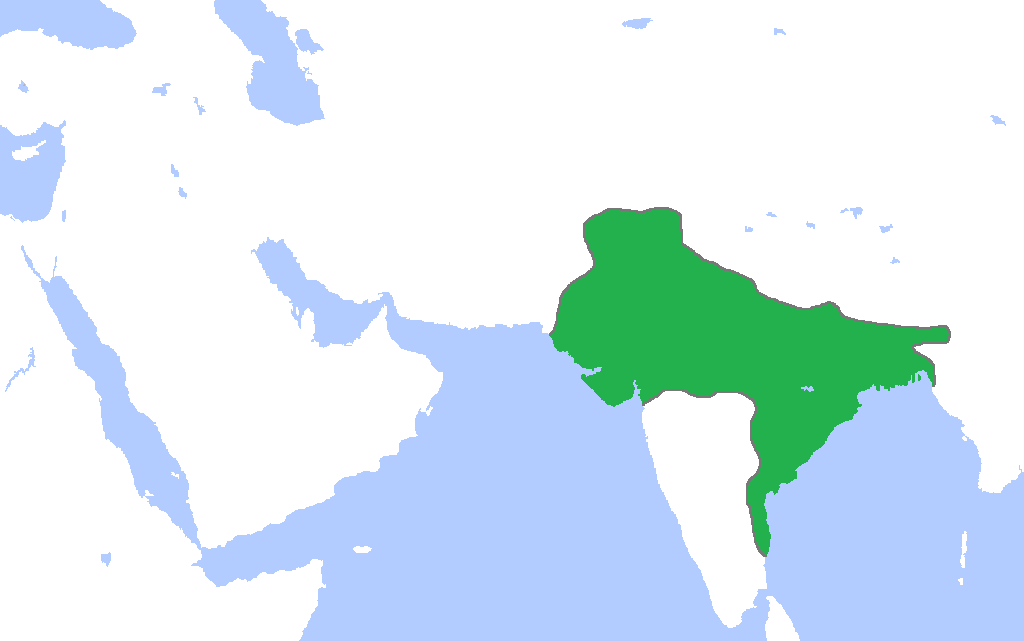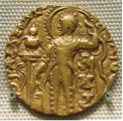Sign up for FlowVella
Sign up with FacebookAlready have an account? Sign in now
By registering you are agreeing to our
Terms of Service
Loading Flow


Gupta Empire
320 AD - 550 AD
•united much of Indian subcontinent & ensured peace and prosperity
•Hinduism-strong impact on society and cultural life

Government
-much power left in hands of villages rather than rulers
Peace and Prosperity
-"golden age"
-lots of trade and farming
-this all led to an advancement in learning
Education
-educated in religious schools
-Buddhist monastery-university taught multiple classes...
-Mathematics
-originated concept of 0
-developed the decimal system
-Medicine
-using herbs and other remedies to cure illness
-set bones and skilled in simple surgery
-vaccinate people against smallpox
-Literature
-collected and recorded fables
-these fables eventually carried to Persia, Egypt, and Greece
-Kalidasa: greatest Gupta poet
-Shakuntala: Kalidasa's most famous play
-other subjects...
Society
-ideal family was a joint family (parents, their children, and their offspring live in one home)
-preform the daily duties of their caste
-children learned the ways of their parents and worked in the fields with grandparents
-parents arrange marriage for their child
-brides parents usually provided dowry (payment to bridegroom)
-upper class women restricted to home and in public would have to be covered from head to toe
-lower class women expected to work in fields or spinning/weaving
-women had Shakti (a force only their husbands control)
Decline
-declined under weak rulers, foreign invaders, and wars
-White Huns: nomadic people who overran the weakened Gupta Empire
-India split into many kingdoms
